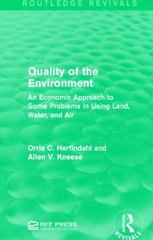Question
Hello there, please answer all the questions with explanations step by step, please provide step by step explanations and make references to all the study
Hello there, please answer all the questions with explanations step by step, please provide step by step explanations and make references to all the study notes and follow up with any questions. Please think about how you explain this to someone who has not done this before! then I will vote 5 star so no worries, also may you make reference to any study websites with the names as I understand you cannot post the links to the study websites, thank you! The first screenshot is the question and the second screenshot is the answer, so the idea is not about recopying the answer but provide step by step explanations and the answer provided gives you a guidance in what is happening. Also please explain what does the symbols means such as the L1, L2, and what does the symbol which looks like less than sign means and many more. Thank you!

Step by Step Solution
There are 3 Steps involved in it
Step: 1

Get Instant Access to Expert-Tailored Solutions
See step-by-step solutions with expert insights and AI powered tools for academic success
Step: 2

Step: 3

Ace Your Homework with AI
Get the answers you need in no time with our AI-driven, step-by-step assistance
Get Started


